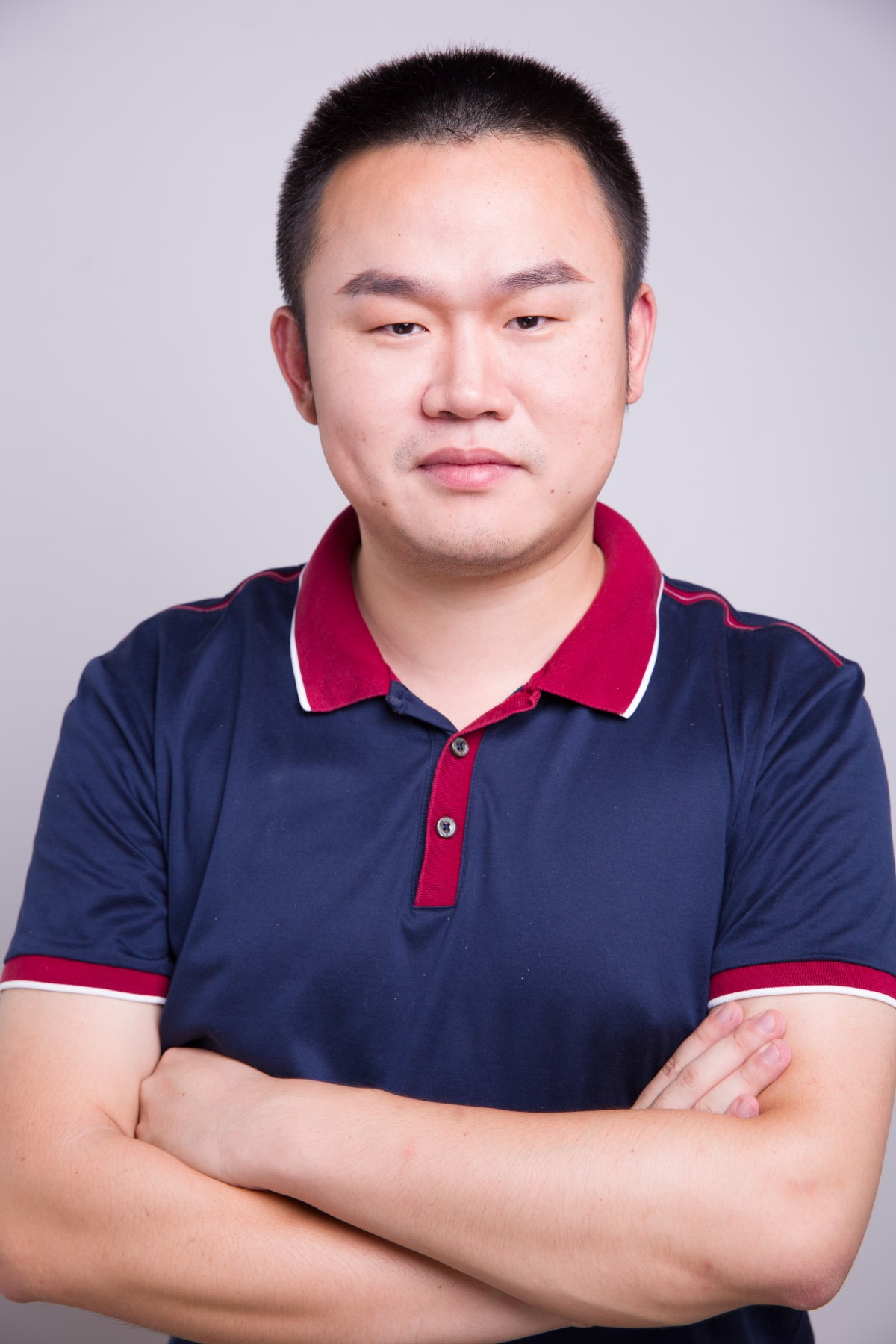From being a college student to a young entrepreneur, and then to an industry leader, over the past decade, Sun Ke's identity has been constantly evolving, but the labels of "polyol" and "technological innovation" surrounding him have remained unchanged. Adhering to his original aspirations and persevering, Sun Ke deeply feels that "innovation is the primary productive force, and protecting intellectual property rights is protecting innovation."
The public is already familiar with xylitol and erythritol, but the biomass polyols ventured into by Sun Ke represent the next generation of such sugar alcohols. When he first entered the field of "polyols," Sun Ke was still a graduate student at Nanjing University of Technology. Through numerous collisions of thought and experimental explorations, he discovered that ordinary monomeric polyols had many limitations in application areas and could not meet the rapidly changing demands of the industry. "Whether from a market or a scientific research perspective, new things are worth exploring and striving for," Sun Ke recalled. After identifying industry blank spots, he and his team devoted themselves wholeheartedly, conducting repeated experiments, discussions, and practices in the laboratory to continuously accumulate cutting-edge application technologies for polyols.
Aiming precisely at the target, Sun Ke led the team to make accurate efforts. They not only broke through the key technological bottlenecks in the industrialization of polyols but also successfully expanded the application of traditional sugar alcohols to industrial fields such as precision electronics, new materials, and new energy. He became more determined in his choice—to embark on the path of independent innovation and entrepreneurship by establishing the country's first professional company engaged in the research, production, and application of polyols. However, as the application fields ventured into became more cutting-edge, and the pace of the company's advancement to the industry forefront accelerated, people began to realize the infinite potential of polyols in the future. Former collaborators became not only competitors but also nervous.
Without any warning, Sun Ke received an arbitration regarding the intellectual property system from Corning Incorporated in the United States. "It wasn't until facing this 'can't afford to fight, can't afford to lose, can't afford to delay' lawsuit that we realized that our company's intellectual property system was not robust enough," Sun Ke explained. Unlike typical infringement lawsuits, in order to stifle future competitors in their infancy, Corning Incorporated simultaneously initiated arbitration against Cornigs in Beijing and Hong Kong and dealt a blow to the company's intellectual property system. Once Cornigs lost the lawsuit, it would be completely shut down, and the time given for the company to respond was extremely limited.
With an anxious heart, Sun Ke searched everywhere for help. When he was troubled by the millions of legal fees, relevant departments at all levels in the province reached out to lend a helping hand, actively assisting them in responding. Within 20 days, Sun Ke and his team collected 33 pieces of powerful evidence and compiled nearly 300 pages of response materials, comprehensively counterattacking from the aspects of the company's legality, technical originality, and more. In the first round of confrontation, Cornigs achieved a decisive victory in Beijing and Hong Kong, winning the arbitration and defending the industry's discourse power.
After the "one battle to fame," Cornigs began to develop in a sunny direction and quickly grew into the largest functional polyol producer in the Yangtze River Delta. They not only obtained the first polyol investment project approval from the Jiangsu Provincial Development and Reform Commission but also built the country's first fully automatic production line with core independent intellectual property rights and GMP standards. They pioneered a flexible and controllable co-linear production mode that is monitorable, manageable, and traceable within the industry.
"Although this battle brought some twists and turns to the development of the company, it allowed the team to gain practical experience in intellectual property rights," Sun Ke admitted. After experiencing this arbitration, they realized that future competition would be based on technological innovation, and intellectual property rights would be a booster for the long-term, high-quality development of the enterprise and the entire industry. As a technology-based startup, focusing solely on the creation and application of intellectual property rights is not enough. Technological innovation requires comprehensive and full-chain protection of intellectual property rights.
Sun Ke explained that currently, Cornigs has developed and improved its intellectual property risk prevention and control mechanism. In addition to gradually shifting post-event intellectual property protection to pre-event, they are also trying to deepen cooperation with industry giants and customers to jointly build a patent pool. This enables upstream and downstream companies in the industrial chain to be linked by intellectual property rights, achieve full-chain integration, and enhance their premium capacity and risk resistance.



